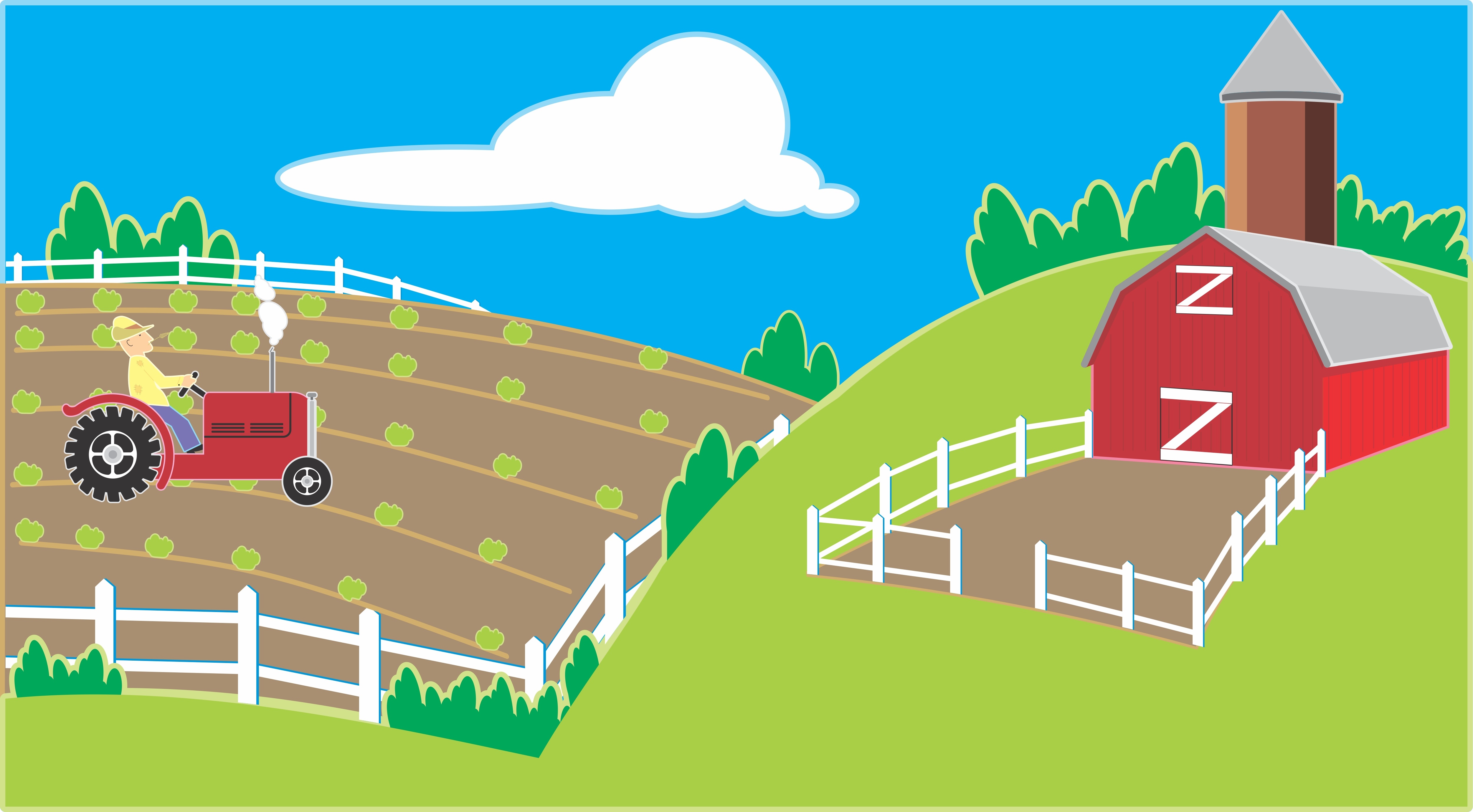It’s not easy to break into the “field” of agriculture these days. For beginning farmers there can be hinderances such as lack of access to land, mentorship, and funding. Land values have surged over the past few years, nationally, the average acre of arable land costs $2,900, but prices vary widely, even between neighboring counties. In Iowa farm land is valued at around $9,000 on average, in New York $6,000 and in California, even in drought conditions, over $10,000 per acre. It’s possible to rent land, but finding a plot that will support a profitable farm is tough. Then there are the infrastructure and equipment costs. At a minimum a commercially viable farm would require seed, a tractor or tilling implement, harvest boxes, a deer fence, a small greenhouse, a cooler, a space to wash vegetables, and a reliable vehicle. All of these investments can be a hinderance to a beginning farmer.
Luckily, over the last decade there has been a great resurgence in small farms focusing on education and community involvement. Withen this movement has been born the “Incubator Farm.” Incubator Farms offer new farmers a launching pad for their own farming endeavors by providing the resources necessary to help farmers overcome barriers such as lack of capital, farming networks, and education. Incubator farms focus on small, often diversified farm development, that is sustainable in nature. These programs allow new farmers to test out their business ideas and get some experience under their belts, allowing them to be more likely to qualify for land loans or develop their venture further.
Since 2008 there have been over 150 Incubator Farms developed in the U.S. All of these programs offer actual land that beginning farmers lease at a low cost to develop their own farm business over a set number of years, at which point the land is rotated to another beginning farmer. Most of these programs offer participants land, resources, and mentoring for around $600/per year per acre (most incubator farm plots are an acre or less). For example the East Multnomah Soil and Water Conservation District 2015 Fee Breakdown includes:
Land Lease: $150 per acre per year for first year farmers, with 25% increases each subsequent season. Fee includes: spring tillage, sanitary facilites, access to wash station, basic fertility (pH buffer, P&K), main line and water for drip irrigation, access to office workspace.
Land Management Fee: $200 per year. Fee includes: maintenance, site improvements, general property upkeep.
Equipment Fees: Hand tools, wheelbarrow, wheel hose: $40 per year; back-pack sprayer: $5 per hour; BCS:$8 hour; flame weeder farmers pay for own propane and tank.
Infrastructure Fees: Irrigation:50 cents/hand-line/hour (for overhead watering only) water for drip irrigation is free; Cooler: $20/3’x4’x8’ space/month; Propagation House: $5/12’ table space/month; Germination Chamber: $3/2’ x 6’ shelf/month; Storage: $10/4’ x 6’ space/month
Custom Tractor Work: $30 per hour.
Programs like Groundswell Center for Local Food and Farming also include mentoring in marketing and offer enhanced support to new farm enterprises, allowing beginning producers to learn how to manage their production system, develop markets, and hone their business model. The National Young Farmers Coalition also is an excellent resource land opportunities, farm jobs and internships, and general farmer networking.
An incubator farm could be a great option for landowners who want to utilize their land in new ways, and increase community involvement on their acres. Programs like the National Incubator Farm Training Initiative (NIFTI) offer established farms interested in developing an incubator program, a comprehensive guide to starting and operating a land-based beginning farmer training program, including links, checklists, resources, and more.
To find local farms in your area, visit Pick-A-Pepper.com!
Similar Stories:
- Federally Funded Grants for US Farmers
- A FARMER’S GUIDE TO WORKING WITH LAND TRUSTS
- Five Myths About Food Safety and Home Gardens
- A Young Generation Sees Greener Pastures in Agriculture
- ADAPTING YOUR POND TO CLIMATE CHANGE




